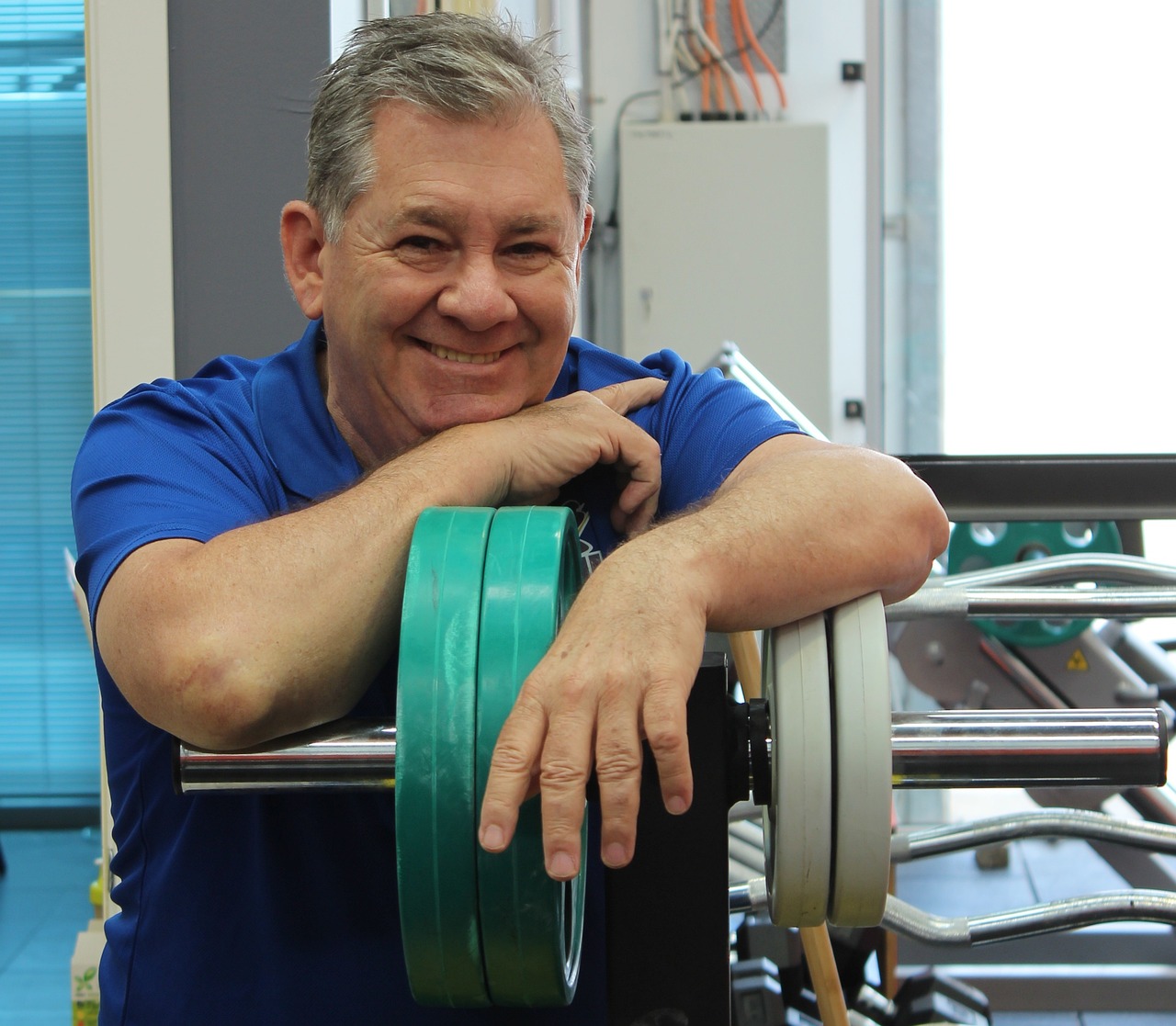In the ever-evolving world of sports science, understanding protein metabolism is akin to discovering the secret ingredient in a cherished family recipe. It's the key to unlocking enhanced performance, optimal recovery, and muscle growth. But what exactly is protein metabolism, and why should athletes give it more than a passing glance? Let's delve into this topic, blending the latest scientific insights with a sprinkle of humor to keep things lively.
The Basics of Protein Metabolism
Protein metabolism involves the complex processes of breaking down dietary proteins into amino acids and reassembling them to build and repair tissues, especially muscles. Think of it as a biological recycling program: old proteins are dismantled, and their components are repurposed to create new structures. For athletes, this process is crucial, as it directly impacts muscle repair and growth after those grueling training sessions.
Recent Insights: More Protein, More Muscle?
Traditionally, it was believed that the body could only utilize a limited amount of protein per meal for muscle synthesis. However, recent research challenges this notion. A study highlighted that consuming higher amounts of protein can significantly boost muscle protein synthesis rates over both four and twelve-hour periods. Specifically, participants who ingested 100 grams of protein experienced a 19% higher synthesis rate over four hours and a 30% higher rate over twelve hours compared to those consuming 25 grams. This suggests that, contrary to previous beliefs, the body can effectively utilize larger protein doses for muscle building. However, before you start blending triple-decker protein shakes, it's essential to consider practicality and individual tolerance. Consuming such large quantities in one sitting might not be feasible or necessary for everyone. Balancing protein intake throughout the day remains a practical approach, especially for recovery from multiple daily training sessions.
Protein Quality: Animal vs. Plant-Based Sources
The debate between animal and plant-based protein sources continues, but recent studies offer valuable insights. Research indicates that plant-based proteins are associated with a lower risk of metabolic syndrome in athletes. This finding is significant, suggesting that incorporating more plant-based proteins into one's diet can have added health benefits beyond muscle building.
Timing Matters: The Anabolic Window Revisited
The concept of an "anabolic window"—a period post-exercise where nutrient intake is believed to be most beneficial for muscle growth—has been a topic of discussion. Recent findings suggest that while immediate post-exercise protein consumption can aid in muscle protein synthesis, the total daily protein intake and its distribution throughout the day play more crucial roles. In simpler terms, consistently meeting your protein needs is more important than obsessing over the exact timing. So, while it's beneficial to refuel after a workout, there's no need to set a stopwatch the moment you drop the dumbbells.
Supplementation: Beyond the Basics
While whole foods should form the foundation of an athlete's diet, supplementation can offer additional benefits. For instance, combining HMB (a metabolite of the amino acid leucine) with vitamin D has gained popularity for its potential synergistic effects on muscle health. HMB has been shown to help preserve muscle mass and improve strength, while vitamin D is crucial for bone health and muscle function. Together, they may enhance muscle strength and mass, even without exercise. However, it's always advisable to consult with a healthcare provider before starting any new supplementation regimen.
Practical Applications: Crafting Your Protein Strategy
Given these insights, how should athletes approach their protein intake? Here are some practical tips:
- Assess Your Protein Needs: Aim for a daily protein intake that supports your training goals. While individual requirements vary, a general guideline is to consume between 1.6 to 2.2 grams of protein per kilogram of body weight.
- Distribute Protein Intake: Spread your protein consumption evenly across meals to maximize muscle protein synthesis. This approach ensures a steady supply of amino acids to your muscles throughout the day.
- Choose High-Quality Sources: Incorporate a mix of animal, attention to "lean protein" and plant-based proteins to benefit from a diverse amino acid profile and additional health benefits.
- Consider Supplementation: If meeting protein needs through whole foods is challenging, consider supplements like whey protein or plant-based protein powders. Additionally, explore supplements like HMB and vitamin D after consulting with a healthcare professional.
- Monitor and Adjust: Pay attention to how your body responds to different protein intakes and adjust accordingly. Factors like training intensity, recovery, and overall health should guide your protein strategy. Remember, while protein is vital, it's just one piece of the puzzle. A balanced diet, adequate hydration, proper rest, and consistent training are equally important components of athletic success.
Understanding protein metabolism is essential for athletes aiming to optimize performance and achieve their training goals. By staying informed about the latest research and tailoring protein intake to individual needs, athletes can enhance muscle growth, improve recovery, and support overall health. So, the next time you're planning your meals or reaching for a post-workout snack, remember the pivotal role protein plays in your athletic journey. And while science guides the way, don't forget to enjoy the process—after all, even the most dedicated athletes deserve a little culinary delight now and then.
Sources: 1. Study on increased muscle protein synthesis with higher protein intake. 2. Research linking plant-based proteins to lower metabolic syndrome risk in athletes. 3. Findings on the importance of total daily protein intake and distribution. 4. Information on the combined benefits of HMB and vitamin D supplementation.












